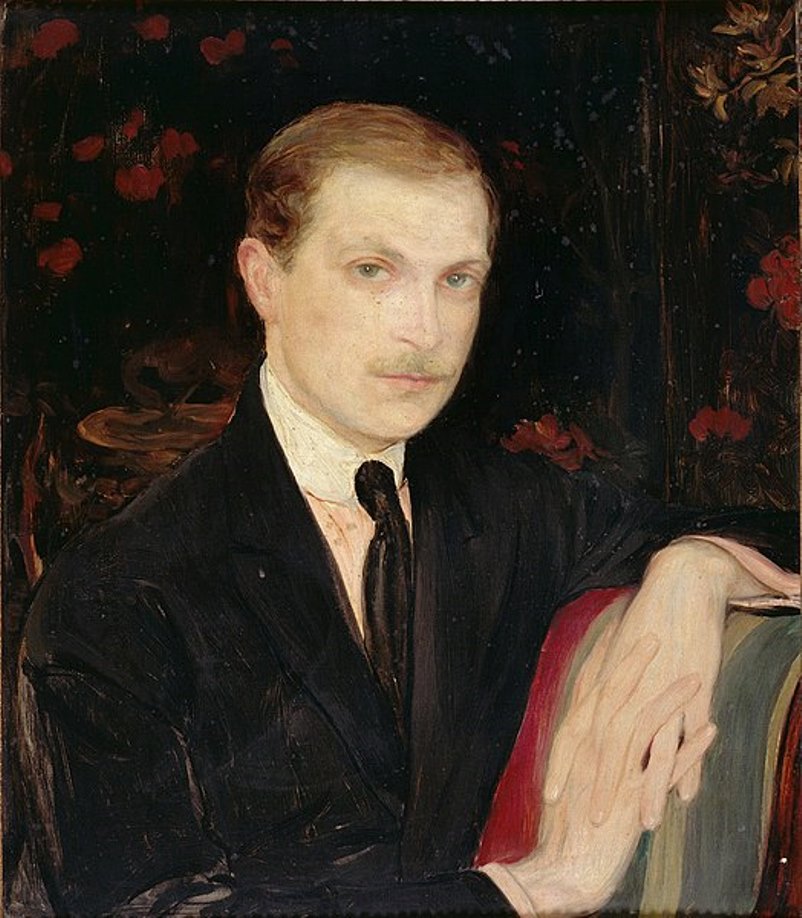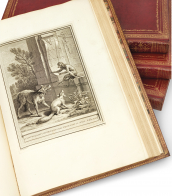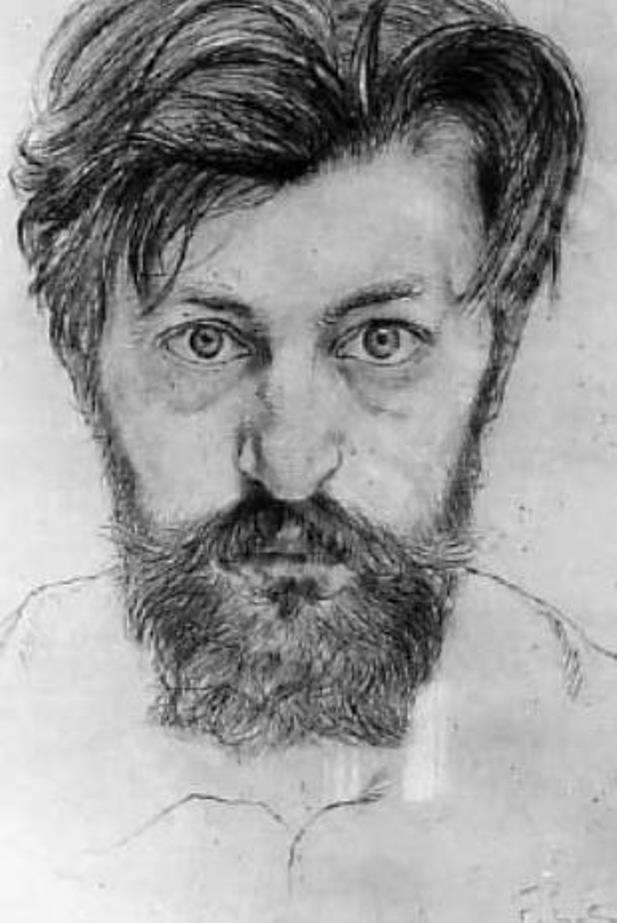жорж барбье (1882 - 1932)

George Barbier was a French artist and illustrator, fashion designer, who influenced the development of the Art Deco movement.
George Barbier studied painting at the École Nationale Supérieure des Beaux-Arts in Paris. Initially he worked as an illustrator for several famous Parisian fashion magazines, and gradually his drawings began to define the style of women's clothing. The emergence of the Art Nouveau style moved Barbier to create luxurious fashions for cabarets, theaters, and movies. He depicted extravagant theatrical costumes with sparkling rhinestones, high headdresses and huge plumes. Barbier created stage costume designs for Diaghilev's famous Russian Ballet.
He also illustrated catalogs and many literary works, including works by Charles Baudelaire and P. Verlaine, and was an author and designer of jewelry.


George Barbier was a French artist and illustrator, fashion designer, who influenced the development of the Art Deco movement.
George Barbier studied painting at the École Nationale Supérieure des Beaux-Arts in Paris. Initially he worked as an illustrator for several famous Parisian fashion magazines, and gradually his drawings began to define the style of women's clothing. The emergence of the Art Nouveau style moved Barbier to create luxurious fashions for cabarets, theaters, and movies. He depicted extravagant theatrical costumes with sparkling rhinestones, high headdresses and huge plumes. Barbier created stage costume designs for Diaghilev's famous Russian Ballet.
He also illustrated catalogs and many literary works, including works by Charles Baudelaire and P. Verlaine, and was an author and designer of jewelry.


George Barbier was a French artist and illustrator, fashion designer, who influenced the development of the Art Deco movement.
George Barbier studied painting at the École Nationale Supérieure des Beaux-Arts in Paris. Initially he worked as an illustrator for several famous Parisian fashion magazines, and gradually his drawings began to define the style of women's clothing. The emergence of the Art Nouveau style moved Barbier to create luxurious fashions for cabarets, theaters, and movies. He depicted extravagant theatrical costumes with sparkling rhinestones, high headdresses and huge plumes. Barbier created stage costume designs for Diaghilev's famous Russian Ballet.
He also illustrated catalogs and many literary works, including works by Charles Baudelaire and P. Verlaine, and was an author and designer of jewelry.

François-Louis Schmied was a French painter, illustrator, wood engraver, printmaker, editor and Art Deco binder.
François-Louis studied wood engraving at the École des Arts industriels in Geneva and painting at the École des Beaux-Arts de Genève. A Swiss, Schmied settled and naturalized in France in 1895. In 1910, he was commissioned to engrave and print Paul Jouve's illustrations for Rudyard Kipling's The Life of the Jungle, which was not published until 1919. For this book, now considered a masterpiece, the master produced about 90 color illustrations. Thanks to the success of this publication, Schmied was able to expand his activity and hire a group of craftsmen to execute his most famous and innovative works.
François-Louis Schmied is considered one of the greatest Art Deco artists and became particularly famous for his beautiful rare books for bibliophiles. Schmied's unique books were very expensive to produce, which required a lot of time and effort, and were always printed in very limited editions, from 20 to 200 copies. During the Great Depression, Schmied's expensive projects could not withstand the competition: the master was forced to sell off almost all his assets and close his workshop and store, and around 1932 he left for Morocco, where he died.
François-Louis Schmied's works are not only aesthetically pleasing, but also express his desire to combine art and literature. The talented artist conveyed with passion and precision the essence of the Art Deco style contemporary to him. Today, Schmied's works, reissued as fine art reproductions, not only convey the aesthetics and precision inherent in each of his originals, but also add a new dimension to them. His son, Theo Schmied, took over François-Louis Schmied's workshop in 1924, reviving its former glory and revitalizing it over time.






